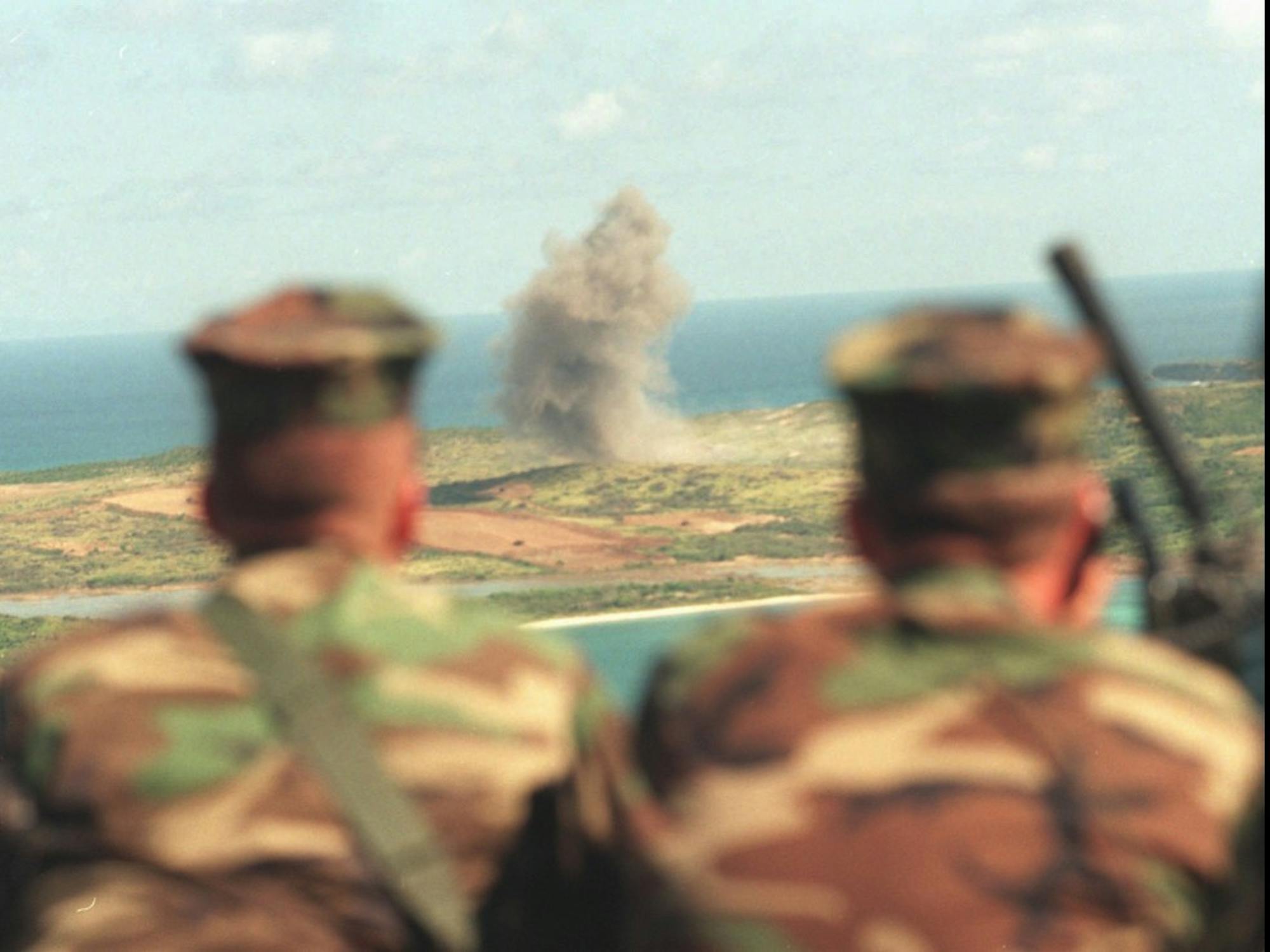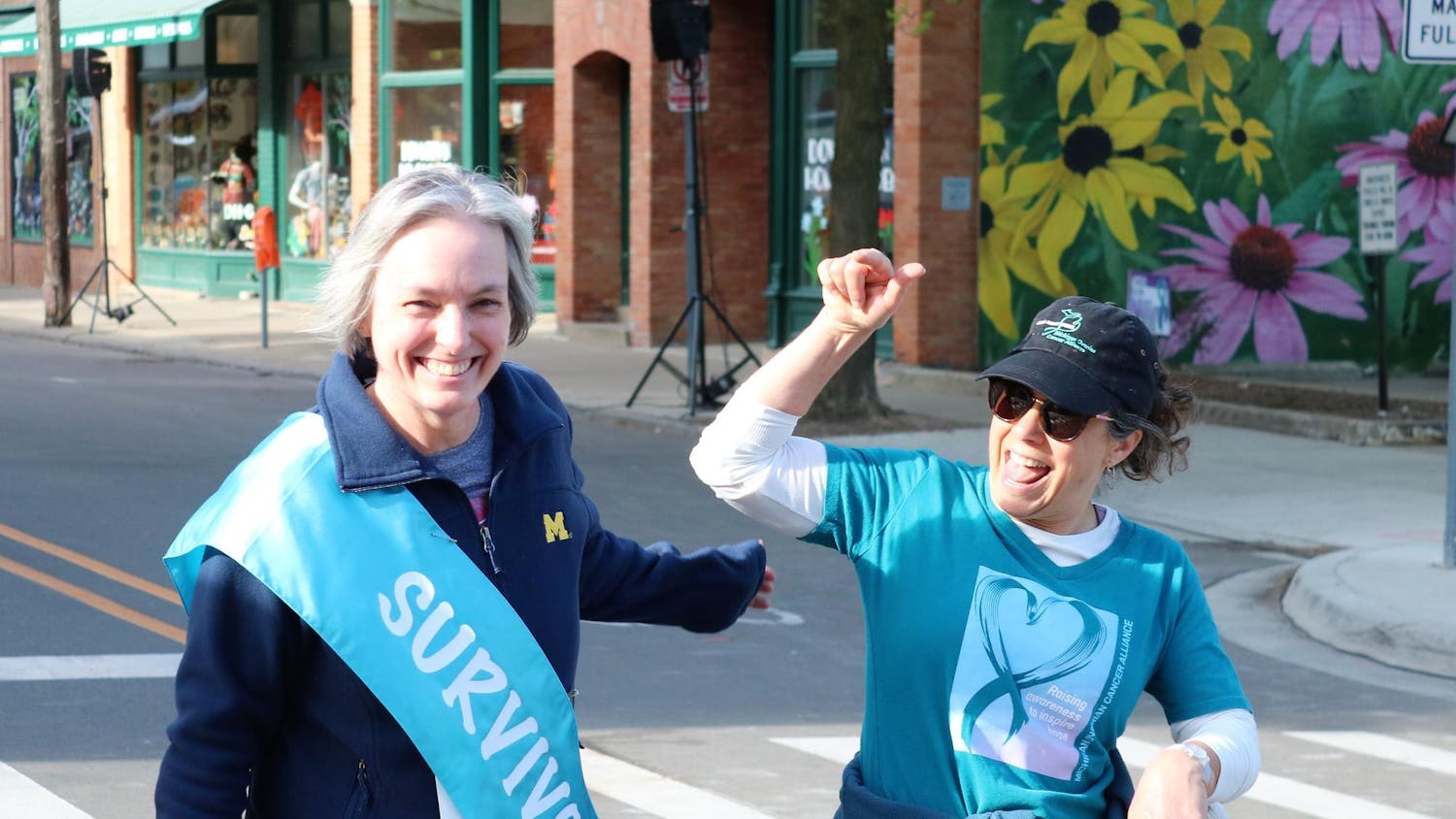Results from a recent study conducted by the Ann Arbor Veterans Affairs Healthcare System and the University of Michigan Health System suggest young veterans suffering from post-traumatic stress disorder and substance abuse are at a greater risk of an early death.
The study followed over 270,000 veterans with PTSD from 2005 to 2007 and focused on the number and causes of death.
Dr. Kipling Bohnert, the study’s lead author, said he is interested in the link between substance abuse and PTSD among returning veterans.
“Mortality is significantly increased among veterans younger than 45 who have PTSD and substance abuse issues,” Bohnert said.
“Getting treatment for the veterans suffering from both disorders is vitally important.”
The Department of Veterans Affairs estimates that there are roughly 22 million veterans alive today, and according to the study, nearly 20 percent of veterans that struggle with PTSD also have substance abuse issues. The correlation of these two disorders and non-injury related deaths were viewed as being most prevalent among veterans who fought in more recent wars.
Dr. Frederick Blow is the paper’s senior author and said the research conducted could be beneficial for physicians attempting to assist those struggling with multiple disorders.
“In theory, a treatment program that addresses both issues, substance use and PTSD, should reduce the risk of death from all causes, and this may be especially true for our youngest veterans,” Blow said.
The study also found the number of PTSD cases is growing among Iraq and Afghanistan veterans, which doesn’t surprise some veterans attending Eastern Michigan University.
Chad Goethe, a sophomore at EMU, completed three combat deployments as an infantryman in the Army. During his time in Iraq and Afganistan, he witnessed more than a dozen roadside bomb attacks and survived four personally.
Goethe said the majority of the soldiers he deployed with claimed they suffered from PTSD.
“Some did not, due to the fact it would be seen as a weakness,” he said. “When we would get back from overseas heavy drinking was common for pretty much everyone. Work performance, marriages and many other aspects of daily life were complicated for many soldiers due to drinking and memories of combat.”
Although many veterans have completed their tour of duty overseas, it is increasingly apparent that vigilance must be kept for their well-being on the home front as well.
The study, “The Association Between Substance Use Disorders and Mortality Among a Cohort of Veterans with Post-Traumatic Stress Disorder: Variation by Age Cohort and Mortality Type,” can be viewed in the journal Drug and Alcohol Dependence.








